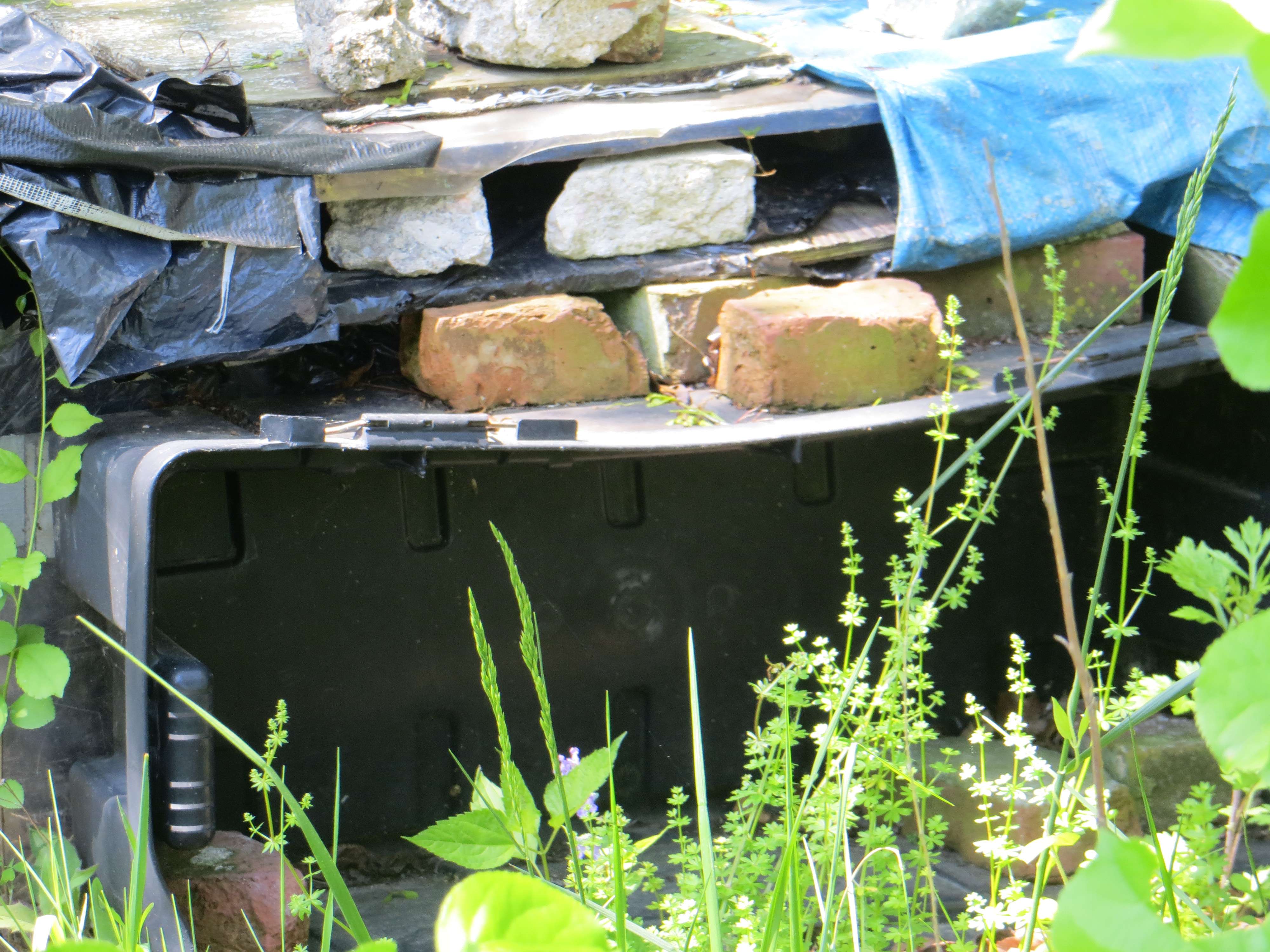The Volokh Conspiracy
Mostly law professors | Sometimes contrarian | Often libertarian | Always independent
Give Susette Kelo Her Land Back
Jeff Benedict, author of "Little Pink House," proposes that the City of New London return the land it condemned in the takings that led to the notorious Supreme Court decision in Kelo v. City of New London.

Jeff Benedict is a prominent reporter and author of Little Pink House, an excellent journalistic account of the events leading up to Kelo v. City of New London, the controversial 2005 Supreme Court decision in which the justices ruled that it is permissible for the government to take homes and other property in order to transfer it to new private owners for purposes of promoting "economic development." His book was recently made into a powerful movie about the case (which I reviewed here). In a recent op ed in The Day (the local paper in New London, the city where the Kelo takings occurred), Benedict proposes that New London return at least some of the land taken from Susette Kelo and her neighbors to the original owners:
It was 20 years ago this month that the City Council authorized the New London Development Corporation to prepare a plan to acquire and redevelop 90 acres on the Fort Trumbull peninsula where the Thames River joins Long Island Sound….
But after acquiring nearly all of the targeted 90 acres, the city and the NLDC took an all-or-nothing approach to the few remaining lots owned by Susette Kelo, where sat her little pink house, and six neighbors. The prospect of jobs and increased tax revenues, the city argued, were "public benefits" worthy of using eminent domain.
In June 2005, by a 5-4 vote, the U.S. Supreme Court agreed.
Here's the rub. Thirteen years after the Kelo decision, after all the condemning and evicting and bulldozing, nothing has been built on the land that was taken. Basically, an entire neighborhood was erased in vain. Meantime, all those vacant lots have become New London's scarlet letter….
Thirteen years of inertia is long enough. For the sake of all parties – the city, the state, and the residents who were displaced – it's time to turn the page and write an epilogue with a far more redeeming outcome…
A good starting point might be to allow the marketplace to decide what makes sense for the barren land that remains rather than trying to continue driving this redevelopment effort from city hall….
But before the city can expect to attract developers and investors with the wherewithal to transform the peninsula, the city must first shed its scarlet letter. The best place to start is by carving out seven contiguous residential building lots – perhaps right along East Street where the pink house once stood – and offering to convey them to Susette Kelo and her six evicted neighbors. The current mayor and City Council are not responsible for the mistakes of the past. But they have the chance to be game changers by formally apologizing and reconciling with the city's displaced residents.
As Benedict points out, the development plan that led to the Kelo takings fell through, and the land remains essentially empty to this day. It would be wrong to say that the property is completely unused. As I described in The Grasping Hand, my own book about the case (which focuses more on the legal and policy issues than Benedict's), a colony of feral cats have taken up residence on the site. Some enterprising locals have built little cat shelters for them.

Though it might discomfit the feral cats, Benedict's proposal has much to recommend it. As he explains, it could help effect reconciliation between the city and displaced residents, and potentially make it possible to finally find a productive use for the condemned property.
In the course of conducting research for my book, I interviewed Susette Kelo and other homeowners displaced by the Kelo takings. Most were still very angry about their mistreatment by the City and the New London Development Corporation - not just because of the ultimate outcome of the case, but also because of the extensive harassment they were subjected to in order to get them to sell their land "voluntarily." The compensation they eventually received was not enough to offset suffering endured over a period of several years.
Many of the displaced former residents still live in the region. Benedict reports that Susette Kelo is open to potentially moving back to New London if the City were to return the site of her famous "little pink house," which became a nationally known symbol of the case. I do not know if this is true of the other plaintiffs in the case. But I think many might at least appreciate the conciliatory gesture Benedict advocates. Even if the displaced owners chose not to return after getting their land back, they could potentially sell it to developers or other businesses who could build new homes on the site or find some other productive use for it. At the very least, the outcome is likely to be better than the experience of the last thirteen years, during which this attractive and potentially valuable land has largely gone to waste.
While the Kelo takings were a tragedy for the City of New London and the displaced homeowners, the massive backlash generated by the Supreme Court decision did lead to valuable - even if incomplete - reforms in many states. It also broke the seeming consensus in favor of a broad view of "public use," under which most lawyers and judges believed the Constitution allows the government to take property for almost any reason it wants. Several state supreme courts have repudiated Kelo as a guide to the interpretation of their state constitutions' public use clauses, thereby providing stronger protection for property rights than currently mandated by the federal courts' interpretation of the Fifth Amendment. The Supreme Court might well overrule or limit Kelo in a future decision.
In the meantime, Benedict's proposal can potentially help the participants in the case find some closure, and allow the city to move forward. We can also hope that other communities seeking to promote development will learn from New London's experience, and come to understand that the better way to increase economic growth is to respect property rights and work with local residents, rather than forcibly displacing them.


Show Comments (36)